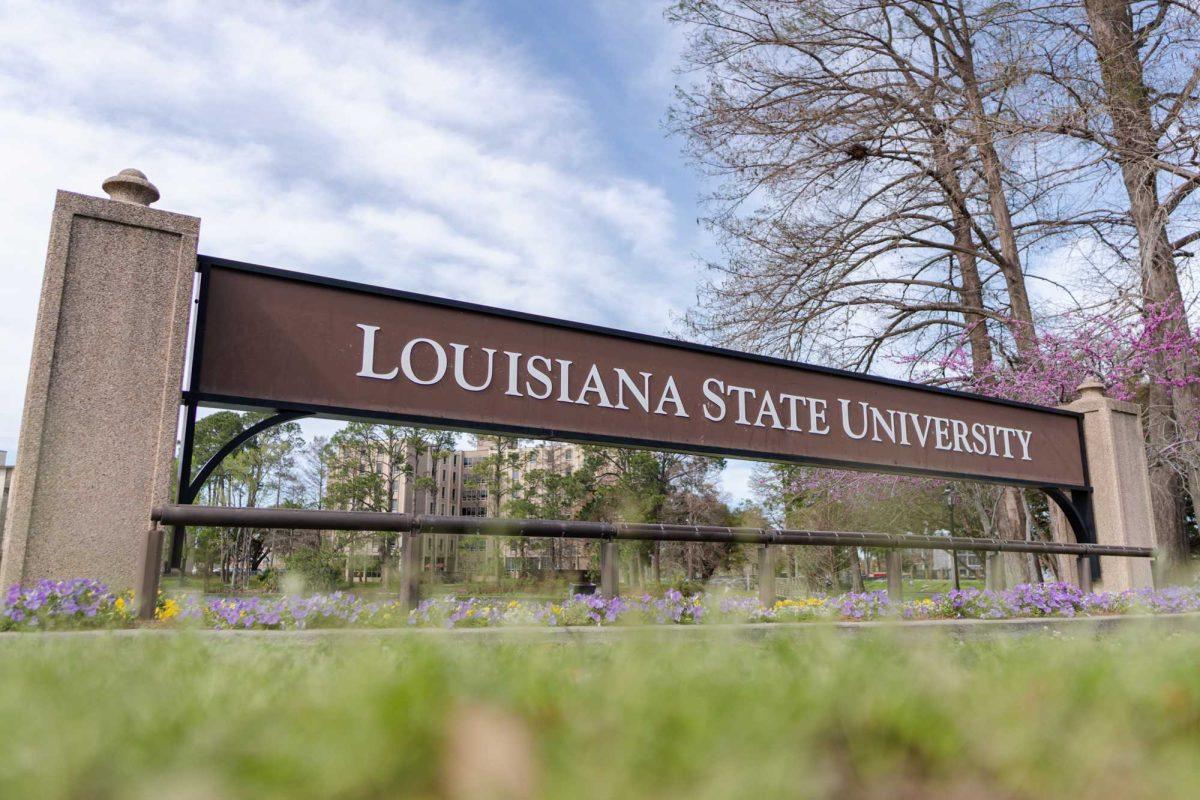Lawyers for Louisiana State University often deny public records requests for investigations into employee wrongdoing by citing the court case McMakin v. LSU. Now, McMakin is fighting back.
Attorney and freshman state Rep. Dixon McMakin, R-Baton Rouge, has clashed with LSU in the courtroom over public records request denials. He’s filed legislation to make sure those looking into public employee misconduct can get the records they need.
McMakin’s House Bill 116 removes privacy protections for personnel records of public employees. The bill would undo case law that has put up significant roadblocks to those wanting to access records related to investigations into public employee misconduct.
One such precedent is McMakin v. LSU, a 2022 case in which McMakin sued for records related to Donald Abels, a former LSU Greek Life Official accused of setting up fake social media profiles to entrap fraternity recruits he allegedly solicited to commit crimes.
“In that case, the court determined that after weighing of constitutional interests, the employee’s privacy interest outweighed the interest in public disclosure,” Tetyana Hoover, an LSU paralegal, wrote in a denial of a public records request the Illuminator submitted related to sexual misconduct allegations against LSU Linguistics Director Jeremy King.
McMakin believes shielding those records from public view is wrong.
“When you serve in a public role, you give up your rights to some of your privacy by being a public official,” McMakin said in an interview.
McMakin’s legislation faces an uphill battle. While the Legislature tightens Louisiana’s public records law regularly, expanding access is rare, even though experts say there is a significant public interest in these government records.
“The public has a right to access records of government business and taxpayer expenditures. These records allow citizens to access information that is vital to accountability and oversight, both of which help prevent abuse of power and potential corruption,” said Melia Cerrato, Sunshine Legal Fellow at Tulane First Amendment Law Clinic. “Public records about employees’ conduct and the government’sresponse are matters of significant public importance.”
His proposal to expand access to personnel records is not the only way McMakin seeks to bring more sunshine to Louisiana.
He also filed House Bill 113, which prohibits Louisiana universities from charging student-funded and operated media outlets affiliated with the school for public records requests.
Most universities already grant fee waivers to their affiliated student media outlets — if they charge for records at all. The Illuminator has submitted public records requests to every university in the state with student media. Only Southeastern Louisiana University has requested payment for fulfillment of those requests.
The notable exception is LSU. In 2022, the university rescinded an agreement that had been in place for almost two decades between its administration and student media, which are funded by student fees, to waive fees for public records. At the time, Johanna Posada, LSU’s associate general counsel, cited the passage of a new law that made it clear public entities could charge for electronic copies of records.
Under Louisiana’s public records laws, custodians can only charge for the cost of producing records, such as the cost of paper and ink or a flash drive, but not the labor involved in fulfilling the request.
While records custodians could already lawfully charge for electronic copies of records, House Bill 473 by then Rep. Royce Duplessis, D-New Orleans, codified that ability to charge for PDFs or other digital records.
The bill was never meant to add a financial burden to small or student-run media outlets, Duplessis said.
“I believe Rep. McMakin’s bill makes total sense and I fully support it,” Duplessis said in an interview. “Student media outlets shouldn’t be charged by their universities.”
A Louisiana lawmaker wants broader access to public records
March 18, 2024
The Louisiana State University sign stands Sunday, March 10, 2024, on South Stadium Drive in Baton Rouge, La.






